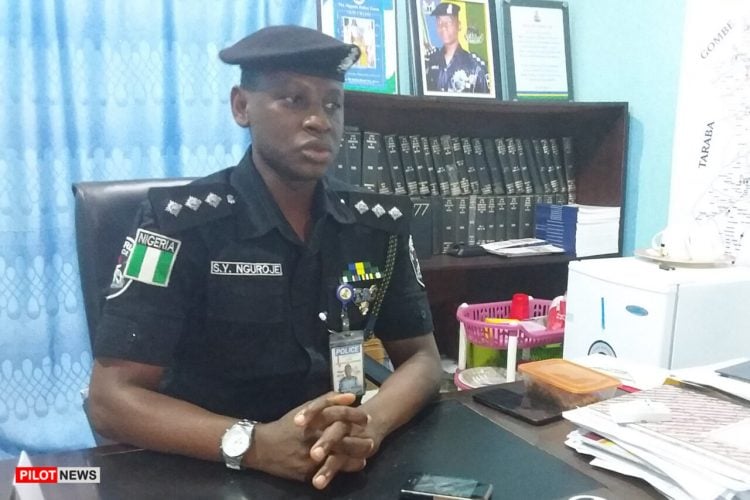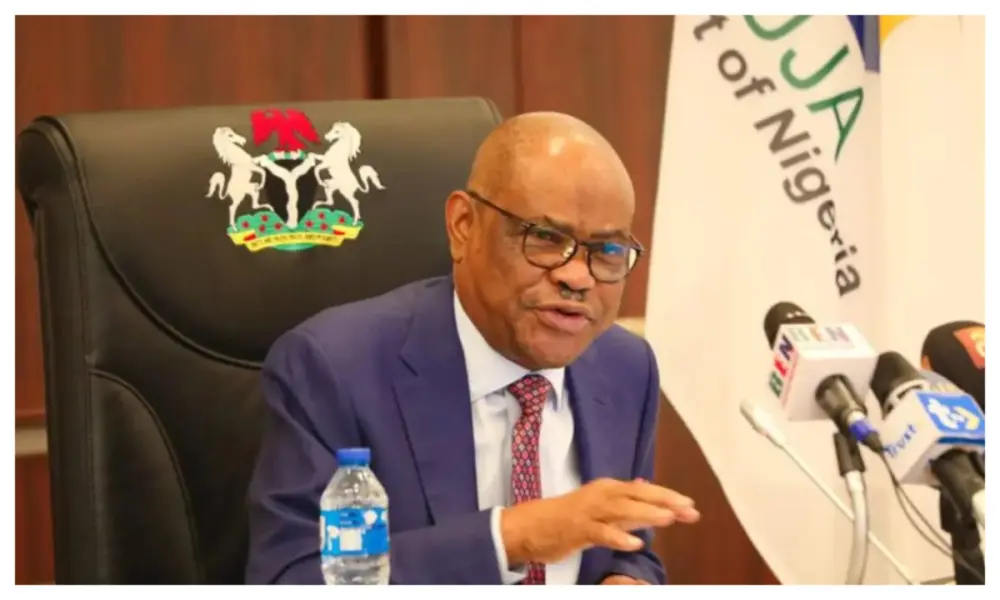The Sokoto State Government has expressed renewed commitment to tackling insecurity through both military efforts and non-violent dialogue, as it opens its doors to negotiations with repentant bandits who are ready to surrender and embrace peace.
Speaking with journalists in Sokoto, the Special Adviser on Security Matters to the Governor, Col. Ahmed Usman (rtd), said the government remains committed to long-term peace and is willing to engage with those who genuinely renounce violence.
“We wholeheartedly welcome any development that promotes peace and security in our region,” Usman said. “It’s important to recognise that, historically, many conflicts have ended not solely through force, but through dialogue. In Sokoto, we’re open to engaging in negotiations with bandits who are genuinely willing to surrender and embrace peace.”
His remarks highlight the state administration’s two-pronged security strategy — combining robust military operations with community-based peacebuilding efforts aimed at addressing the root causes of banditry, such as poverty, unemployment, and marginalisation.
Statewide Poverty Survey to Inform Policy
In a related development, Governor Dr Ahmad Aliyu has approved the implementation of a Multidimensional Poverty Index (MPI) Survey across the state. Scheduled to run from June 19 to July 9, 2025, the survey aims to provide accurate data on poverty levels in Sokoto to inform evidence-based policies.
The survey will be conducted in partnership with Redwire Marketing Consulting under a cost-effective arrangement that places minimal financial burden on the government. It will assess key indicators across sectors such as education, healthcare, employment, living standards, and access to basic services.
Dr Abubakar Mohammad Zayyana, the state’s Commissioner for Budget and Economic Planning, said the survey is a crucial part of the governor’s Nine-Point Smart Agenda, which includes priorities such as security, economic development, education, healthcare, and youth empowerment.
“This survey will provide vital insights into the root causes of deprivation at the household level,” Zayyana said. “It will serve as a foundation for more targeted and evidence-based policymaking.”
He further emphasized that the survey would adhere to international best practices for poverty measurement, offering a comprehensive view of the socioeconomic conditions in Sokoto.
Also speaking, the Statistician-General of the State, Alhaji Abdullahi Abdulrahman Shagari, noted that the State Bureau of Statistics has been repositioned to deliver timely and actionable data. “The MPI Survey will guide inclusive policy development and help shape effective socioeconomic interventions,” he said.



